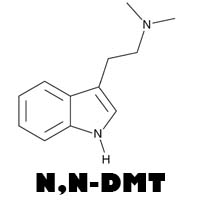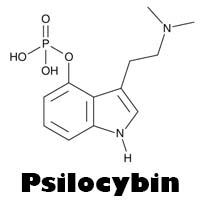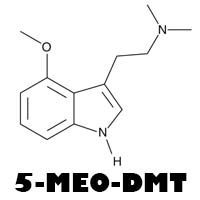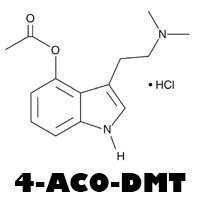Long-Term Effects of Psychedelics on Mental Health
Psychedelics have been studied for their potential to induce profound and lasting changes in mental health. While much of the research has focused on the immediate effects, there is growing interest in understanding the long-term impact of these substances. This article will explore the long-term effects of psychedelics on mental health, drawing on recent scientific findings and clinical studies.
Understanding Psychedelics and Mental Health
Psychedelics such as psilocybin, LSD, MDMA, and DMT interact with the brain's serotonin receptors, leading to altered states of consciousness, enhanced emotional processing, and increased neural connectivity. These changes can have significant implications for mental health, both immediately and over the long term.
Positive Long-Term Effects
Several studies have identified positive long-term effects of psychedelics on mental health, including sustained improvements in mood, emotional regulation, and cognitive function.
1. Reduction in Depression and Anxiety
Research has shown that psychedelics can lead to long-term reductions in symptoms of depression and anxiety. For example, a study published in JAMA Psychiatry found that psilocybin-assisted therapy produced significant and lasting reductions in depression and anxiety in patients with life-threatening cancer diagnoses.
2. Improved Emotional Well-Being
Long-term improvements in emotional well-being have been reported by individuals who have used psychedelics in therapeutic settings. These improvements include greater emotional resilience, increased life satisfaction, and a deeper sense of purpose and meaning.
3. Enhanced Cognitive Function
Some studies suggest that psychedelics can enhance cognitive function, including improved creativity, problem-solving skills, and cognitive flexibility. These cognitive benefits can persist long after the acute effects of the substances have worn off.
4. Treatment of PTSD and Addiction
Psychedelics have shown promise in the treatment of PTSD and addiction. Long-term follow-up studies have found that individuals who undergo psychedelic-assisted therapy for these conditions often experience sustained improvements in symptoms and overall mental health.
Potential Risks and Negative Effects
While the long-term effects of psychedelics are generally positive, there are potential risks and negative effects that should be considered.
5. Risk of Psychosis
In rare cases, psychedelics can trigger psychotic episodes, particularly in individuals with a predisposition to mental health conditions such as schizophrenia. Long-term psychosis is uncommon but can occur, emphasizing the importance of careful screening and supervision during psychedelic use.
6. HPPD (Hallucinogen Persisting Perception Disorder)
HPPD is a condition characterized by persistent visual disturbances following the use of hallucinogens. While rare, it can be distressing and impact an individual's quality of life. The exact cause of HPPD is not well understood, and more research is needed to determine how to mitigate this risk.
7. Integration Challenges
For some individuals, integrating the insights and experiences gained during a psychedelic journey into daily life can be challenging. Without proper support and guidance, these individuals may struggle to make sense of their experiences, leading to confusion or emotional distress.
Factors Influencing Long-Term Effects
The long-term effects of psychedelics on mental health can vary based on several factors, including the type of substance used, the dosage, the context of use, and the individual's mental health history.
8. Set and Setting
The environment in which psychedelics are used, along with the user's mindset, play a crucial role in determining the outcomes. A supportive, safe, and intentional setting can enhance the positive effects and reduce the risk of negative experiences.
9. Integration Practices
Effective integration practices, such as therapy, journaling, and meditation, can help individuals process and incorporate their psychedelic experiences into their daily lives, maximizing the long-term benefits.
Conclusion
The long-term effects of psychedelics on mental health are complex and multifaceted. While many individuals report sustained improvements in mood, emotional well-being, and cognitive function, there are potential risks that must be carefully managed. Ongoing research and clinical studies continue to shed light on the long-term impact of these substances, offering hope for new and effective treatments for a variety of mental health conditions. As our understanding of psychedelics evolves, it is crucial to approach their use with respect, caution, and a commitment to integration and support.
Suggested Images for the Blog Post
- Reduction in Depression and Anxiety: Graphs showing improvements in mental health scores over time.
- Improved Emotional Well-Being: Photos of people engaging in activities that promote well-being and happiness.
- Enhanced Cognitive Function: Visuals of brain scans and cognitive tasks.
- Risks and Negative Effects: Infographics on potential risks like psychosis and HPPD.
- Integration Practices: Images of therapy sessions, journaling, and meditation practices.






